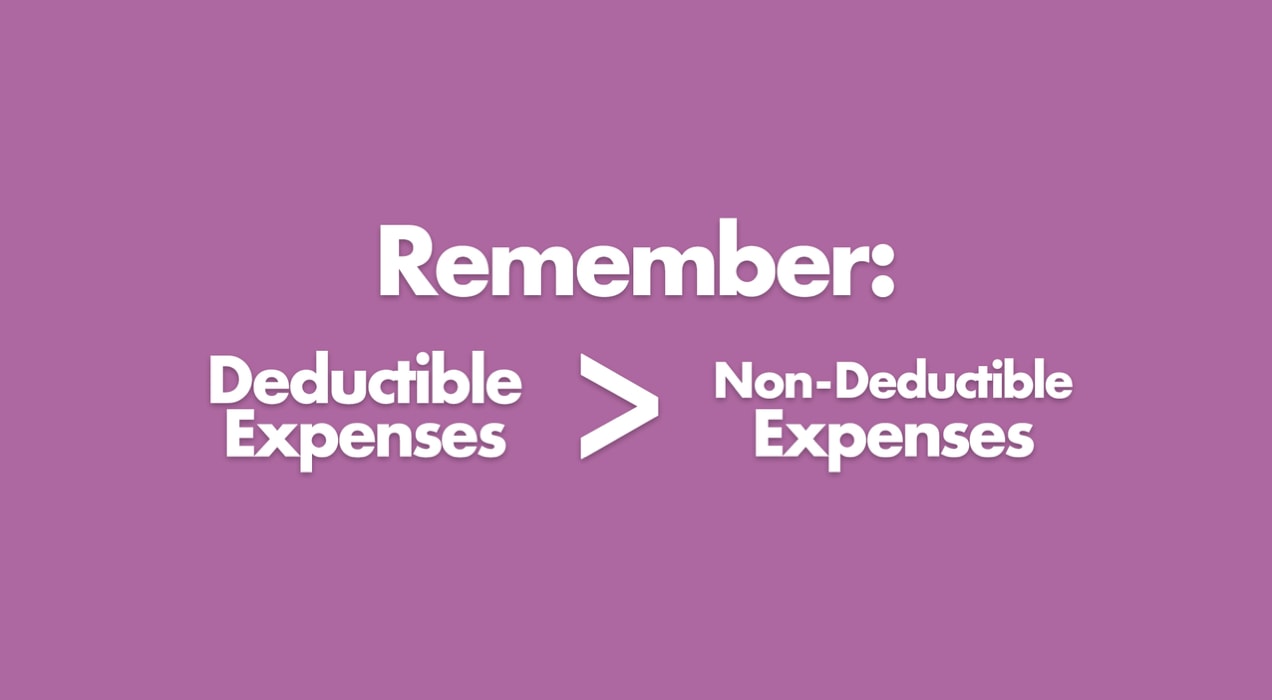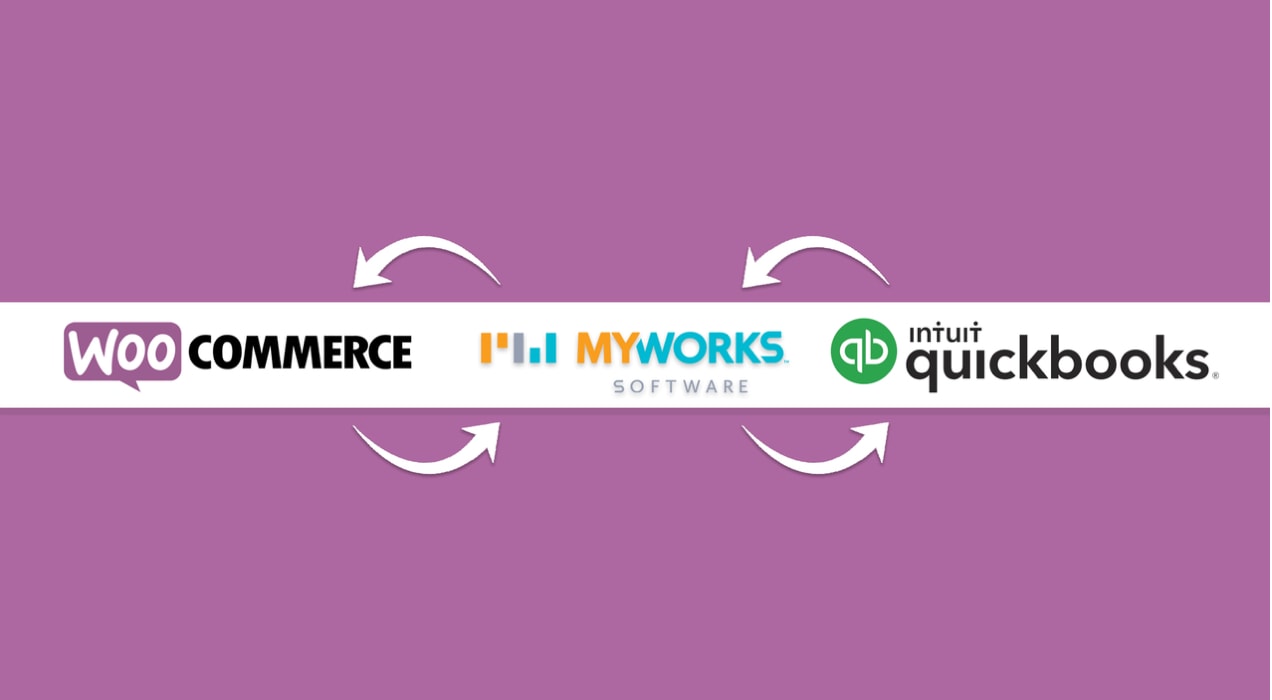There’s one thing all WooCommerce store owners have in common: the responsibility to file and pay taxes. A yearly inconvenience? Yes — but it’s also a great opportunity to review best practices and find new ways to save money.
Proper tax preparation and best practices can have a major impact on your bottom line. In fact, Forbes reported that over 90% of US business owners overpay on their taxes! Why? Because taxes are complicated. The tax code in the US, for example, is over 70,000 pages long. Yes, seventy thousand pages.
While we can’t summarize 70,000 pages worth of information, we can take a look at the most useful and common ways to legally reduce your tax liability.
How costs and expenses affect taxable income
The taxes you owe are based on your profit (total revenue minus total expenses). That means that the more you spend on your business, the more you can save on your taxes! In most countries, all legitimate business expenses are tax deductible — payroll, equipment, travel, and advertising.
So if you’re taxed at 40%, every dollar you spend on expenses might only cost you 60 cents! But that doesn’t mean all spending is good spending. Not all business expenditures are measured equally, so let’s look at the difference between costs and expenses.
Costs, expenses, and depreciation
You pay taxes on your profit — the amount remaining after you subtract the cost of goods sold, depreciation expenses, operating expenses, and interest expenses.
Since operating expenses and cost of goods sold are incurred in the production of revenue, they’re deductible on your business tax return, reducing your income tax bill.
Equipment costs don’t directly affect taxes but the cost of these assets are used to determine the depreciation expense for each year, which is deductible. It’s considered a “non-cash expense” because no one writes a check for depreciation, but a business can use it to reduce income for tax purposes. If you purchase a computer, you can deduct the depreciation in value each year, which is usually around 10-20% per year.
Deductible expenses vs. non-deductible expenses
Deductible expenses reduce your taxable income — you can deduct either a percentage or the full amount of the cost, depending on the expense — whereas non-deductible expenses have no impact on your tax bill.

Deductible expenses:
This includes business-related expenses, charitable contributions, investment losses, and employee payroll.
Non-deductible expenses:
This refers mostly to personal expenses like rent, gas, and entertainment. However, in some instances, the context of your cost may validate tax deductions. These are known as context-specific deductions. For example your gas may be considered a business expense if you are traveling for the purpose of a business meeting or event.
We recommend studying the tax laws in the locations where you’re liable to familiarize yourself with available tax deductions. Even better: consult with an accountant or tax professional to discover every opportunity your country/state offers.
How tax deductions save you money
To determine your available context-specific deductions, ask yourself a few questions:
- Does your health insurance cost more than 10% of your gross income?
- Do you have a home office?
- Does your business require travel?
- Do you need to provide meals for your clients?
- Do you need to pay for entertainment for your clients?
These considerations are most applicable in the US but other countries often have similar tax laws and regulations.
If you answered “yes” to any of these questions, you can deduct a portion of the related expenses from your taxable income and save money!
Health insurance
Health insurance qualifies for the IRS medical expense deduction at a maximum of 10% of your gross income after you have made your necessary deductions.
Home office
To qualify for deductions on the rental cost of your home office, you must:
- Use a room or section of your home regularly and exclusively for your business.
- Use this portion of your home as the sole location of the business and/or a place to conduct regular meetings with clients/customers.
How to calculate your home office tax deduction:
The square feet of your office space [up to 300] x $5 = Tax deductible amount.
If your office space is 300 square feet, you can deduct $1,500 yearly
Travel
If conducting business meetings or operations requires travel, a portion of those expenses may be tax deductible. In some instances, your business may require a vehicle of its own; in this case, you need to decide whether you would like to deduct the mileage used or the actual expense of the vehicle.
In the US, the IRS has announced the standard mileage rate for 2020 at 57.7 cents per business mile. For other vehicle-related expenses, a percentage is deducted in relation to the business miles driven in areas of:
- Registration fees and taxes
- Vehicle loan interest
- Tolls and parking fees
If you decide to go with the actual-expense method, you can deduct:
- Depreciation
- Garage rent
- Gas and oil
- Tires
- Registration fees and taxes
- Maintenance and repairs
- Licenses
- Vehicle loan interest
- Rental or lease payments
- Tolls and parking fees
- Insurance
Meals
The IRS allows you to deduct up to 50% of your business meals as long as:
- You or another employee is traveling or an employee is present along with clients, employees, potential new customers or consultants, and
- The meal is not lavish and,
- The cost is not for a personal meal.
Entertainment
In the past, the IRS allowed companies to deduct 50% of the cost of entertainment for clients, employees, potential new customers, or consultants but this is no longer allowed. If you take a third-party member to an event with the intention of discussing business and you eat a meal, you can deduct 50% of the cost of the meal but not the ticket/entrance.
No matter what deductions you take, it’s important to review these with your accountant or CPA every year — the laws and regulations may (and do!) change.
Business equipment
For equipment to qualify for a tax deduction, it must be required to run your business and not used for any personal activities. Your printer can qualify as business equipment, but it must be in your office and used solely for work. In the US, your business can qualify for up to $500,000 in tax deductions for equipment costs alone.
What happens if equipment breaks? You can deduct repairs from your taxes if it’s a betterment, restoration, or adaptation of that piece of equipment.
Don’t mix business and personal expenses
Mixing your business and personal expenses is a surefire way to get into trouble. Avoid this by setting up an account that is purely used for business. Once you’ve done this, link this account to your cloud accounting software to easily record and track expenses.

Bonus tip: Sync WooCommerce with cloud accounting software
When it comes to saving money on taxes, the most important thing to remember is: track everything. Everything means everything — every pack of pens, every cup of coffee, every travel expense. Keeping these records in an accounting platform like QuickBooks means you can leverage this data in combination with your sales/revenue to provide meaningful reporting and metrics to better run your business. It’s just as important to ensure you’re accurately keeping track of your sales so you’re not over or under-reporting your revenue.
MyWorks Sync imports all of your sales, customer, product, sales tax, and payment information from WooCommerce into QuickBooks and categorizes it into corresponding accounts. Combine this with the ease of uploading receipts to QuickBooks and your books will be effortless!
Keeping track of your expenses and knowing how to handle your taxes is a responsible and smart way to save your business money. As always, it’s good to get the advice of a CPA or accountant when making these decisions.
Want to keep growing? Learn more ecommerce accounting basics.
